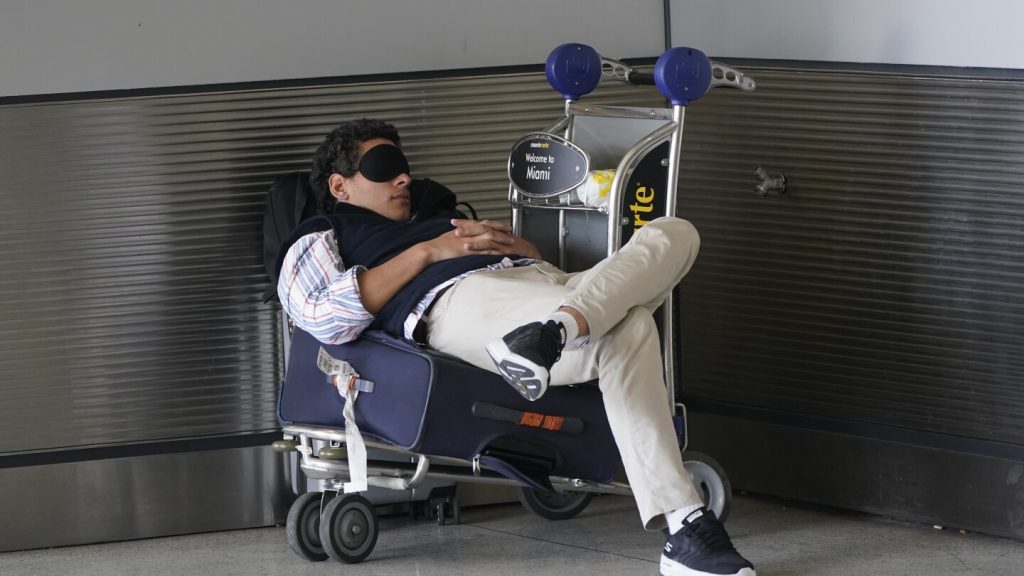A recent Gallup poll has revealed that a majority of Americans are feeling sleep-deprived and believe they would feel better if they could get more rest. The poll found that 57% of Americans wish they could have more sleep, while only 42% feel they are getting as much sleep as they need. This represents a significant shift from 2013, when the numbers were reversed, with 56% reporting they got enough sleep and 43% feeling they did not. Younger women under the age of 50 were particularly likely to report insufficient rest. Additionally, the poll showed that only 26% of respondents reported getting the recommended eight or more hours of sleep per night, with the majority falling short of this goal.
The reasons behind Americans’ inability to get adequate sleep are not entirely clear. While the poll does not delve into specific reasons for sleep deprivation, experts speculate that factors such as always-on technology, demanding work hours, and the stresses of modern life may contribute. The importance of sleep to overall health and well-being has only recently started to gain traction in the general population. However, for some individuals, such as self-employed event planner Justine Broughal, the demands of daily life, including caring for young children, take precedence over personal needs like sleep. Despite recognizing the importance of rest, Broughal often sacrifices sleep in favor of spending time with her children.
The cultural backdrop of American society may also play a role in the prevalence of sleep deprivation. The notion of industriousness and productivity has deep roots in American culture, dating back to the Protestant work ethic of the country’s European colonizers. This ethos values hard work and achievement as indicators of success and moral righteousness. The culture of self-reliance and individual responsibility has instilled a belief that wasting time or being perceived as lazy is unacceptable. Sociologist Jennifer Sherman has observed this mindset in rural American communities, where a strong work ethic and the importance of productivity are deeply ingrained.
Living through the COVID-19 pandemic may have further disrupted people’s sleep patterns, with some individuals engaging in “revenge bedtime procrastination” as a coping mechanism for stress. This behavior involves putting off sleep in favor of scrolling on social media or binge-watching TV shows late into the night. Liz Meshel, a 30-year-old American living in Bulgaria, describes how her work schedule and the need for personal time lead her to sacrifice sleep in favor of relaxation activities. While the reasons for sleep deprivation vary, the overarching theme is clear: many Americans are struggling to balance the demands of daily life with the need for rest. As awareness of the importance of sleep grows, hopefully, more individuals will prioritize their well-being and make efforts to improve their sleep habits.


